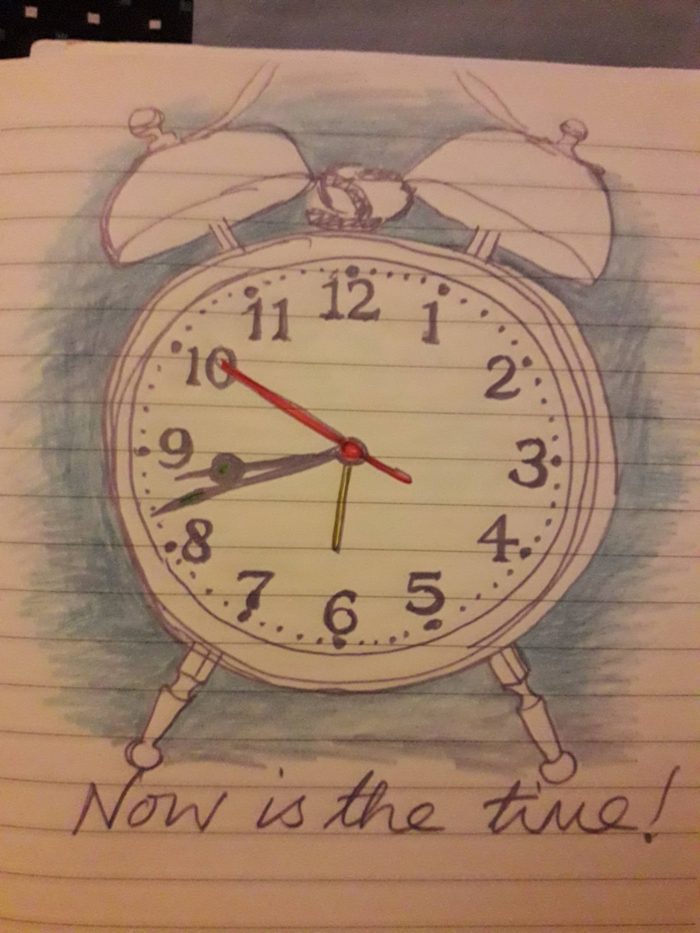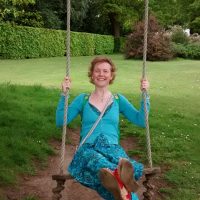We know about the benefits of exercise, that information is commonplace, but the benefits of rest and relaxation are just as dramatic and under reported.
So what happens to our body when we start to relax? When our heart rate and breathing slow down and our body recognises that this is a safe place to be at rest, a whole host of biological functions switch on that do us a great deal of good. We digest our food more effectively, more blood flows into the frontal lobes of our brain so we think more clearly and creatively. On any given day millions of our cells naturally pass away and are replaced by healthy new ones but this process is hampered by stress and much more effective if we have adequate rest. Most importantly at the moment, the immune system is given the energy it needs to function at its top of its game, so we can fight off the thousands of potential pathogens we meet every day more effectively. If you can recall how energetic you felt last time you had a fever, you may understand that the immune system can be very energy hungry. This is the magic of the parasympathetic nervous system. The body is designed to repair itself and when it has adequate rest and relaxation it does it much more effectively than when we are tired, stressed and mad at the world.
But we can be sitting down and stressed or taking the right amount of physical activity and stressed, and our body won’t be repairing itself much, so physical rest and relaxation isn’t the whole story. To activate the benefits of the parasympathetic nervous system we need to feel safe. Crucially, our mind needs to take a break from anxiety because the mind can generate the stress response that shuts down the beneficial biology and once again, we find ourselves on the fight or flight side of the coin, the sympathetic nervous system. The one that makes us run and jump and do anything but stay here and sit still. And many of us have no idea that we can influence this hardwired, powerful biology. More often biology does what will without our conscious understanding of our own reactions. But we can start to influence our state of mind, if not take control. In fact, there are a range of ways we can influence this system to our advantage; principally meditation and self-care. Meditation is special because it teaches us to pay more attention to the mind and body and we become much more sensitive to what state we are in, and then, of course, if we find something lacking, we are likely to change things so that we feel better.
Self-care can be a thousand different things, depending on your individual need. If we are very inactive, we might find an hour’s walk to be the perfect self-care routine. However, if we are run ragged by the demands of work, children and home, our self-care routine will be very different – probably shorter! Something like a relaxing bath at the end of the day will help our body repair mechanisms come online. If we are lonely then self-care is taking an action to create a connection with another person. So, it’s not possible to give a prescription that fits everyone. But we already know, deep down, what we need to bring ourselves into a better balance. Drawing, sewing, reading, caring for our plants or helping other people are all potential self-care techniques that may or may not work for us. Again, we already know what self-care is for us, its the things that make us feel great and we want to do more of. Stress can make us believe that we don’t have time for such frivolities in our lives when the truth is the exact opposite; that without those self-care activities we can become dangerously depleted and less able to perform those other duties we think are more important. We can’t give to another if we have nothing left to give.
Our culture doesn’t value inaction, we don’t like to think our ourselves as passive. Our culture wants us to work hard for personal betterment and ultimately for the country’s economy. But maybe this Easter, we can stop and ask how we might bring more balance to our lives and make time to make it reality, even if that means slowing down or a little bit of doing nothing at all. And while your self-care might be very different from your neighbors, there are very few or us that doesn’t need more self-awareness. We choose to meditate.
$108
Anna Palmer comes from a personal background of mental health, and learned at a young ag…







Read 1 comment and reply